As electric vehicles (EVs) become more widespread, one of the critical questions drivers face is compatibility between different charging standards. Two of the most common connector types in North America are NACS (North American Charging Standard) and CCS (Combined Charging System). If your EV uses NACS, but you come across a CCS charger, you’ll need an adapter. But the big question is, does using a NACS to CCS adapter lessen charging speed?
Before diving into the charging speed aspect, it’s essential to understand the differences between NACS and CCS:
A NACS to CCS adapter enables a vehicle with a NACS port to connect to a CCS charger. The adapter itself is a simple conversion tool, ensuring the physical connection between the different ports.
But does this conversion reduce charging speed?
The quality of the adapter plays a crucial role in charging efficiency. High-quality adapters ensure minimal resistance, which translates to no significant loss in charging speed. However, low-quality or poorly designed adapters could introduce resistance, leading to slower charging rates.
The maximum charging speed you can achieve is limited by the charger’s output. If the CCS charger’s maximum output is lower than your EV’s charging capability, the adapter won’t change that. However, if the CCS charger is capable of providing higher speeds, a well-made adapter should allow you to charge at those faster rates without significant losses.
Your car’s battery management system (BMS) dictates the maximum charging rate it can accept. If your EV can only accept 100 kW, and the CCS charger provides 150 kW, the adapter won't make your EV charge faster. The adapter cannot exceed the limits of the EV’s own charging system.
In real-world tests, high-quality NACS to CCS adapters typically do not lessen charging speeds significantly. Most drivers report that the charging rate remains the same or experiences only a minor drop. The key is using a certified adapter that meets industry standards.
While the NACS to CCS adapter adds an additional layer to the charging process, a high-quality, well-designed adapter will not noticeably reduce charging speed in most situations. The most significant factors influencing charging speed remain the charger’s output, your vehicle’s capabilities, and external conditions. Therefore, investing in a reliable adapter is key to maintaining optimal charging performance.
#ElectricVehileChargingAdapter #EVCharging #TeslaCharging #NacstoCCSApater #Symagal
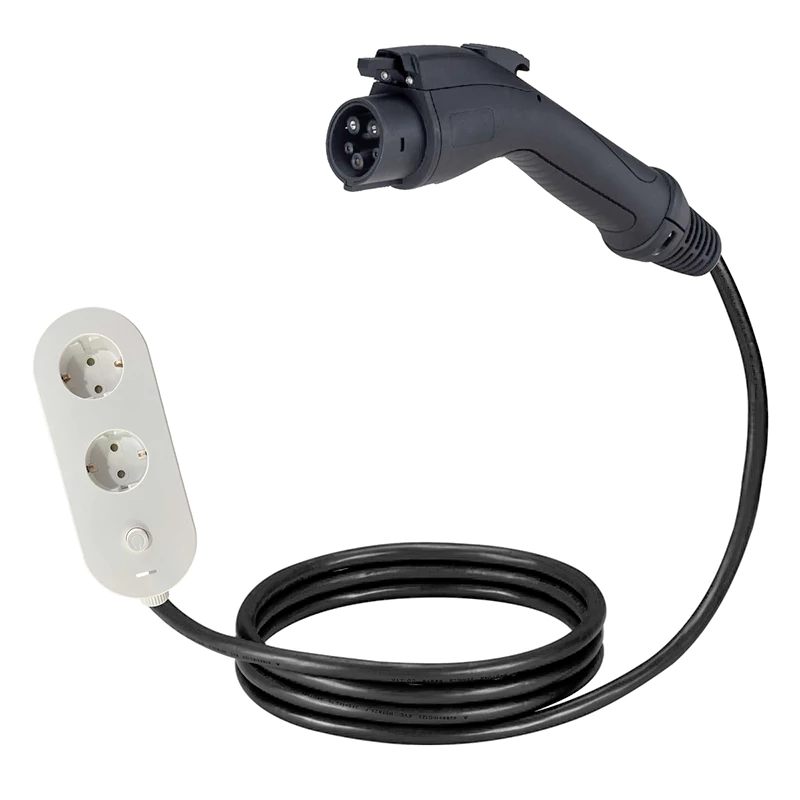
Vehicle-to-Load Cable (Type 1) Power your appliances from your EV with a groundbreaking innovation that transforms your electric vehicle into a portable power ...
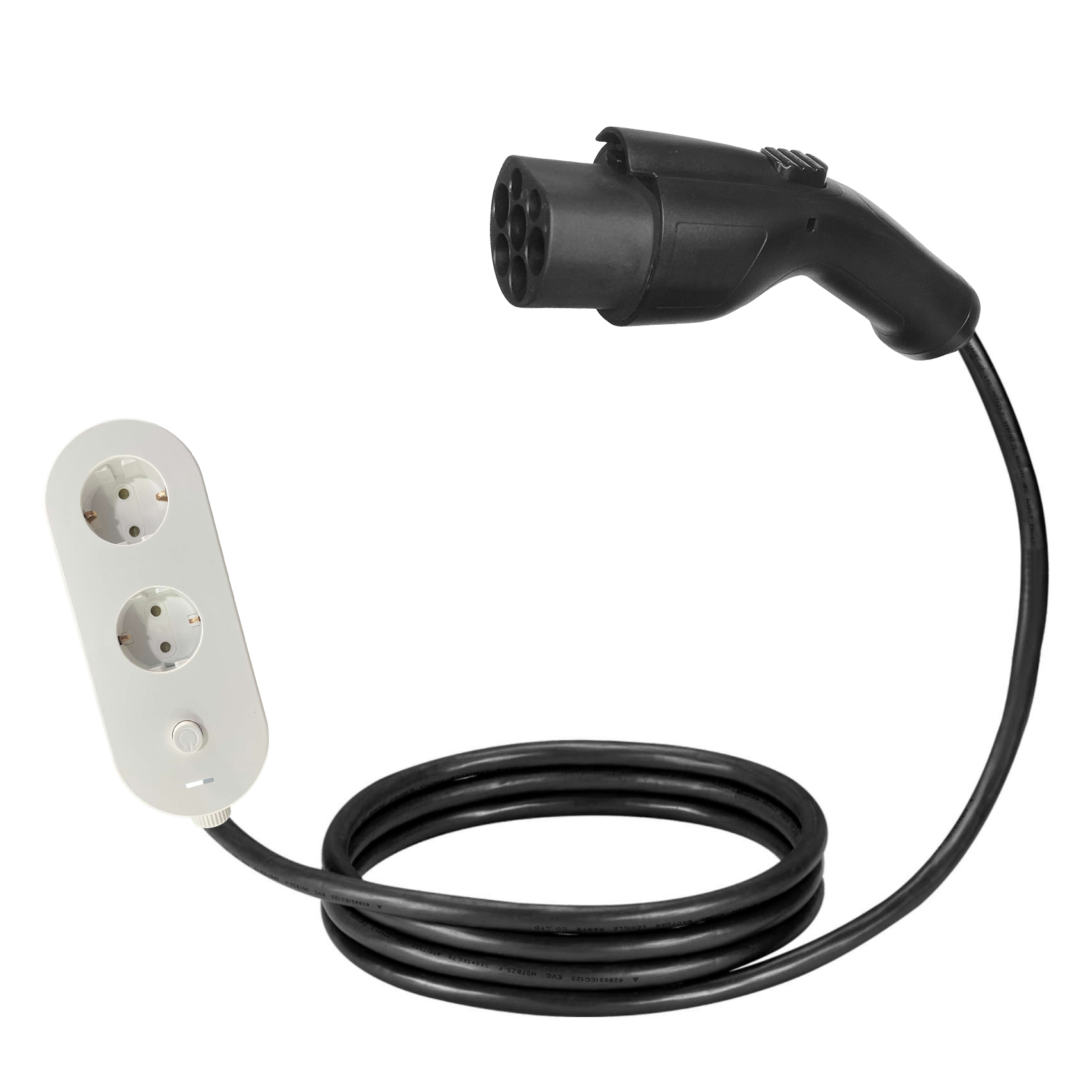
Vehicle to Load Cable (GB/T) Power your appliances from your EV with a groundbreaking innovation that transforms your electric vehicle into a portable power so...
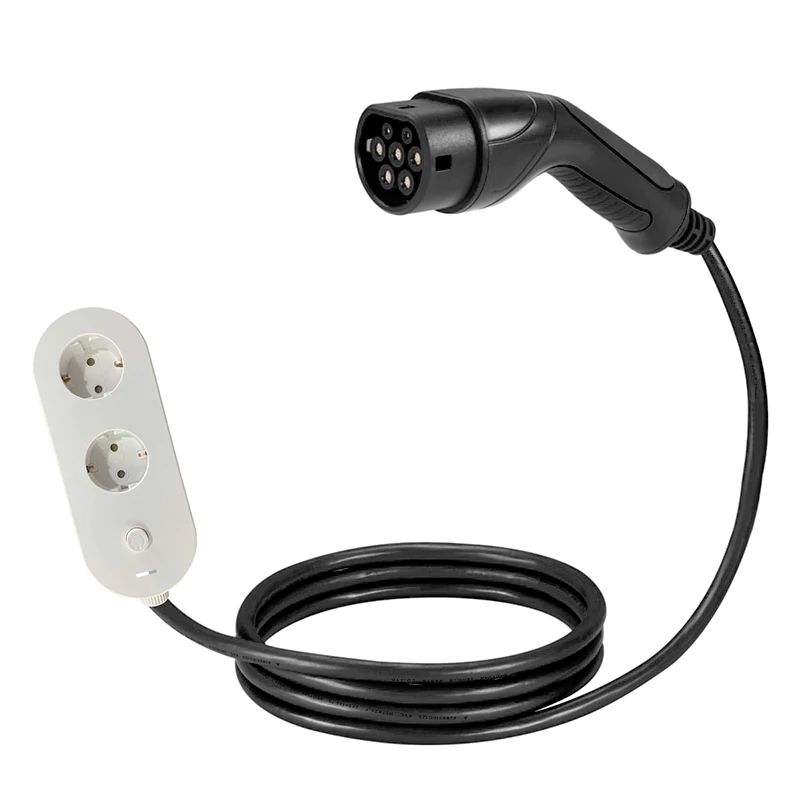
Vehicle-to-Load Cable (Type 2) Power your appliances from your EV with a groundbreaking innovation that transforms your electric vehicle into a portable powe...
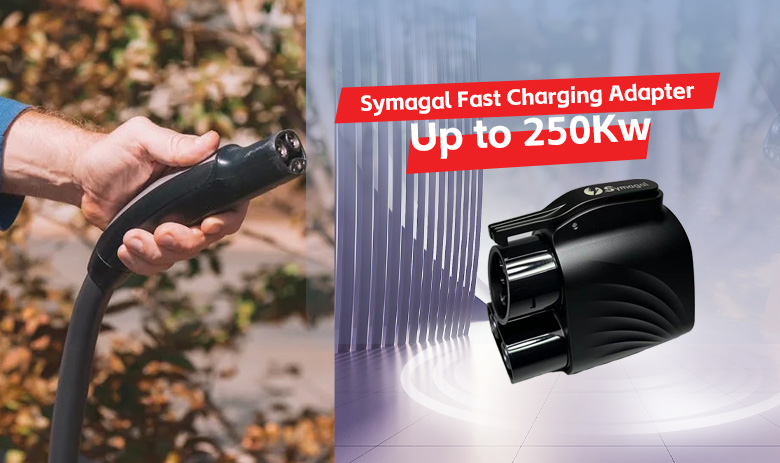
Several electric cars currently support ultra-fast charging with impressive char
2024-11-08
Read now
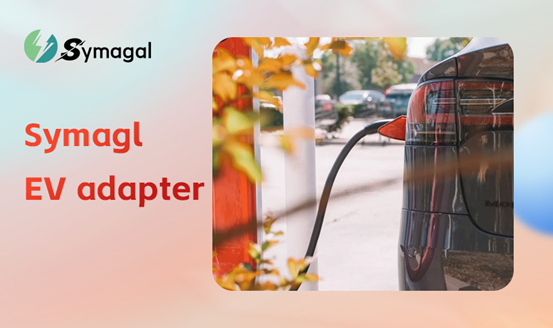
Tesla has announced a new standardization aimed at reducing the cost and complex
2024-11-04
Read now
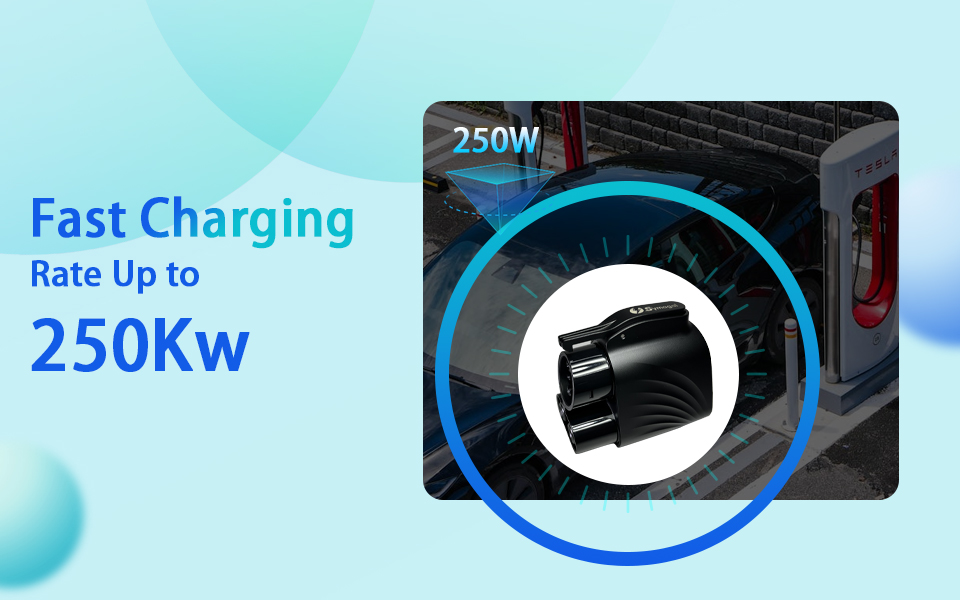
Volvo and Polestar - two European car brands owned by China's Geely - are no
2024-10-31
Read now